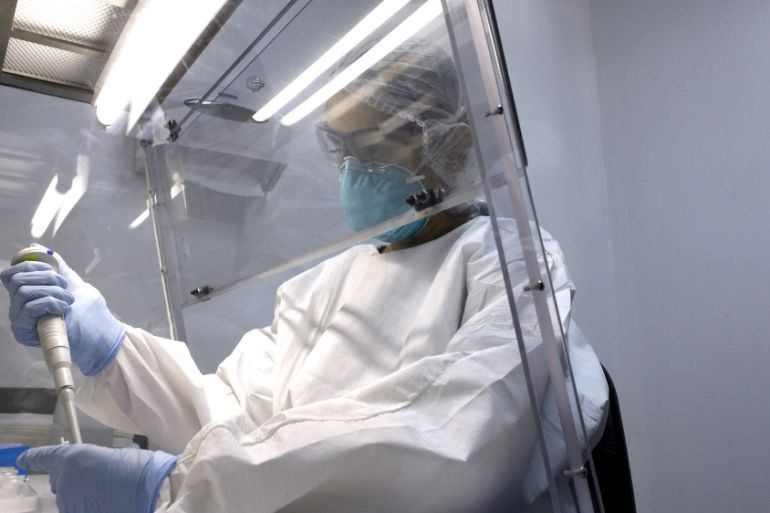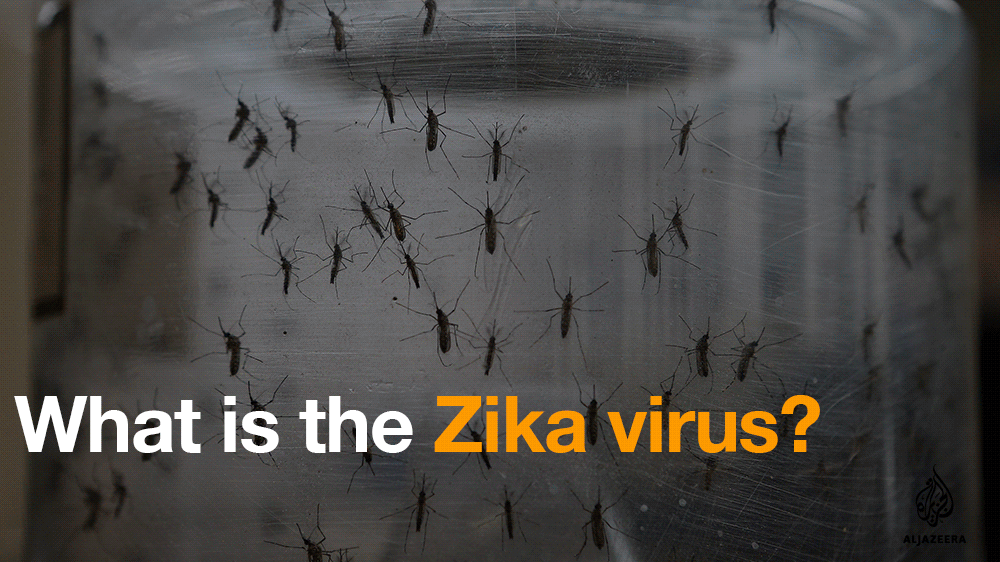White House to seek $1.8bn to combat Zika
Funds to go to expanding mosquito-control programmes, speeding up vaccine research and helping affected countries.

The White House says it will ask Congress for $1.8bn in emergency funding to combat the mosquito-borne Zika virus that is rapidly spreading across the Americas.
The money will go towards expanding mosquito control programmes, speeding up research into a vaccine, enhancing diagnostic capabilities and helping Zika-affected countries in their fight to reduce transmissions, the White House said in a statement on Monday.
Keep reading
list of 4 itemsFirst pig kidney in a human: Is this the future of transplants?
Why are some countries decriminalising drugs?
‘No good evidence’ for gender care for youth over long-term, review finds
“The good news is, this is not like Ebola. People don’t die of Zika. A lot of people who get it don’t even know they have it,” President Barack Obama said in interview with CBS News.
READ MORE: Zika virus facts you need to know
“There shouldn’t be panic on this,” he said.
He noted that the relationship between Zika and microcephaly, in which babies are born with abnormally small heads, has not been conclusively proved.
The World Health Organization has declared the Zika virus a public-health emergency of international concern, and said that up to four million people could be infected within the next 12 months in the Americas.
|
|
There have been 50 confirmed Zika cases in the United States since December, the nation’s Centers for Disease Control and Prevention said.
All were associated with travel to affected countries.
Meanwhile, human trials of a vaccine for the Zika virus could begin as soon as this summer, the top US infectious disease researcher said.
Dr Anthony Fauci, head of the National Institute of Allergy and Infectious Diseases, said work on a vaccine was already under way.
However, he cautioned that any vaccine might not be widely available for several years.
Because there are vaccines for similar types of viruses, such as dengue and yellow fever, Fauci said development should move fairly quickly.
He said that it should not take much time to determine if a vaccine is safe and effective and that an accelerated approval process for an immunisation against the disease might be possible.
